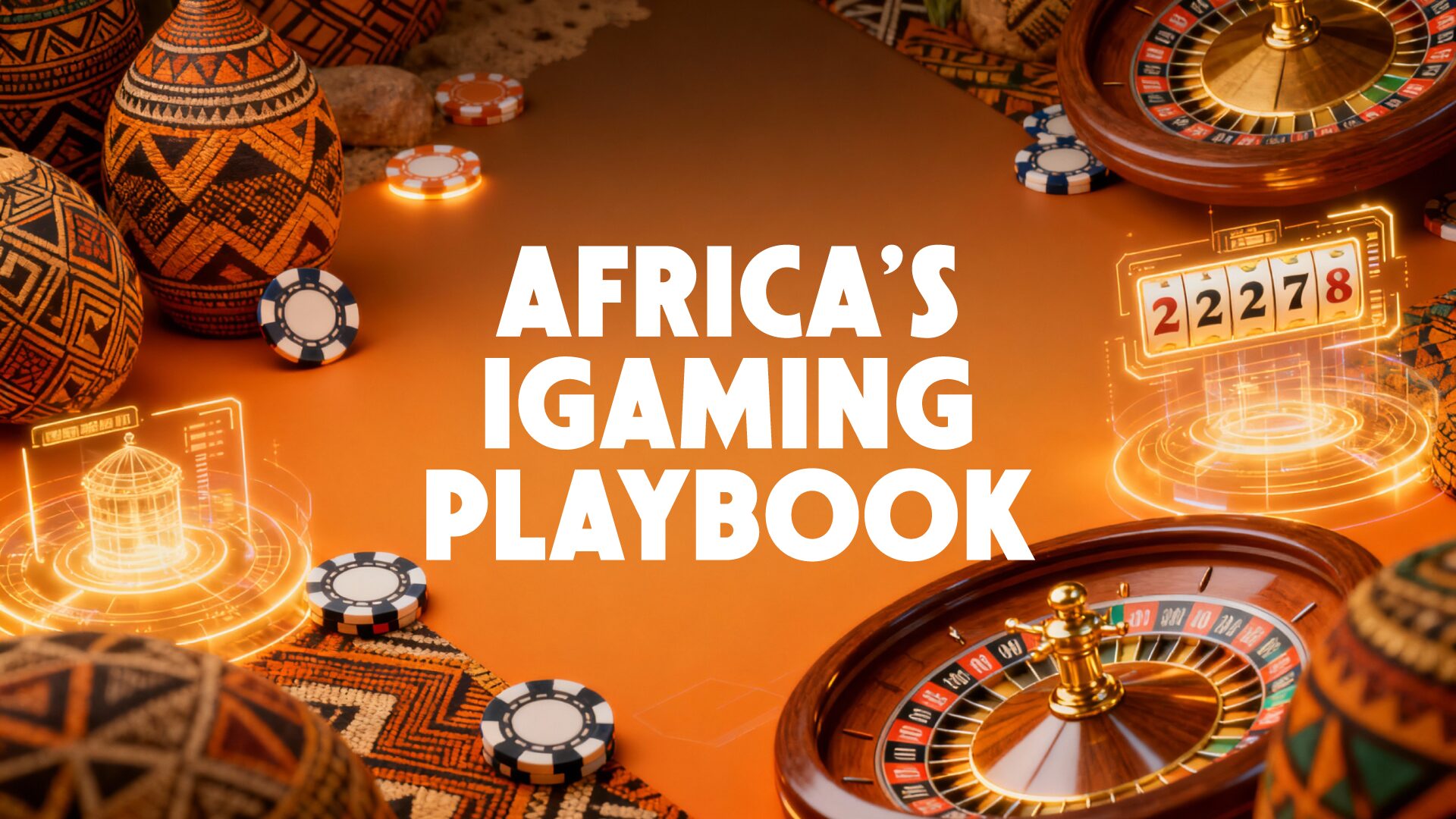Why the African iGaming Market Demands a Long-Term Vision, Not Quick Wins
If you’re looking for a get-rich-quick guide to the African iGaming market, stop reading. This isn’t about shortcuts, exploitation, or blindly applying models from Europe or Asia. This is about understanding a complex, fast-evolving region that’s shaping its own future on its own terms.
Africa is not just another emerging market. With over 1.5 billion people, more than 70% under the age of 35, the continent is young, mobile-first, and deeply connected by culture. But opportunity here doesn’t reward speed. It rewards those who listen, localize, and stay on the course.
What Makes the African iGaming Market Unique in 2025 and Beyond
A Young, Mobile-First User Base Is Leading the Change
Across Africa, a new generation is rewriting the rules of online engagement. The iGaming market is growing at double-digit rates in countries like Kenya, Nigeria, and Ghana. Mobile-first behavior drives betting activity: over 85% of users access platforms via smartphone, often through lightweight apps or USSD-based solutions designed for limited bandwidth environments.
With over 520 million smartphone connections across the continent (GSMA 2024), betting platforms must prioritize speed, simplicity, and low data consumption to remain competitive.
Cultural Betting Habits Set the African iGaming Market Apart
Users don’t just place bets, they engage socially. Betting is participatory and often centered around football, especially European leagues. In many regions, it’s a form of communal entertainment, discussed in real time through WhatsApp groups and local fan communities. This social dimension is what distinguishes African users from global counterparts (and why platforms must foster connection, not just transactions).
Strategic Challenges Operators Face in the African iGaming Market
Country-by-Country Regulation Is the First Obstacle
Thinking of Africa as a unified market is a costly mistake. Nigeria, Kenya, Ghana, and South Africa all have vastly different legal frameworks:
- Kenya: strong oversight from the Betting Control and Licensing Board (BCLB), with local ownership requirements.
- Nigeria: dual regulatory authorities (NLRC + state boards).
- South Africa: provincial-based regulation; remote gaming still operates in a legal gray area.
- Ghana: more accessible but still evolving.
- Success means continuous legal monitoring and adapting to policy shifts—often fast and unannounced.
Digital Infrastructure in the African iGaming Market
Urban centers offer 4G and expanding 5G coverage, but rural areas often rely on 2G/3G networks and legacy Android phones. Platforms must be resilient and adaptable, supporting low-bandwidth usage, offline functionality, and instant load times.
Best-in-class operators use progressive web apps (PWAs), compressed visuals, and data-lite user journeys to ensure reach and performance.
Why Mobile Payments Are the Backbone of African iGaming
Forget banks. In Africa, over 60% of online transactions are processed via mobile money solutions like:
- M-Pesa (Kenya, Tanzania, Mozambique).
- MTN Mobile Money (Ghana, Uganda).
- Airtel Money, Paystack, and EcoCash.
These services are trusted, accessible, and localized. If your platform doesn’t support them (via native integrations or aggregators) you’ll lose users before registration is complete.
Trust and Reputation Can Make or Break Success
Africans are highly digital-savvy and community-oriented. Reviews, complaints, and praise spread rapidly via Telegram, TikTok, and WhatsApp. One failed payout, delayed bonus, or glitchy UI can destroy your brand overnight.
To succeed, you must:
- Offer instant payouts via mobile money.
- Provide multilingual support.
- Communicate transparently through local social media.
Hidden Opportunities in the African iGaming Market You Can’t Afford to Miss
Football is the Heartbeat of African iGaming Culture
Football isn’t just popular, it’s omnipresent. Over 76% of bettors across the continent prefer football betting, especially in Premier League, La Liga, and CAF tournaments. In cities like Lagos, Accra, Nairobi, and Johannesburg, betting shops double as social spaces.
Smart operators localize betting experiences through:
- Push notifications before key matches.
- Loyalty bonuses for frequent players.
- Live in-play betting adapted for mobile.
Social and Fast-Paced Games Drive Engagement
Crash games like Aviator, JetX, or instant win formats are booming, especially among Gen Z users who value speed, thrill, and competition. E-sports and fantasy leagues are also gaining traction, particularly in South Africa and Egypt.
Investing in fast-paced, mobile-friendly games with low minimum bets and gamified UX increases retention and session frequency.
Hard Lessons from PlaylogiQ in the African iGaming Market
PlaylogiQ entered the African iGaming market in 2016 with experience, but also with assumptions. We thought strong tech was enough. It wasn’t.
What we learned:
- Africa won’t adapt to your platform, you must adapt to Africa.
- Payment systems like mobile wallets are essential, not optional.
- Cultural sensitivity is key. Language, color schemes, flow: it all matters.
- Trust is built slowly but can be lost in seconds.
- Speed doesn’t win here. Resilience, localization, and iterative rollout do.
Five Golden Rules for Entering the African iGaming Market Successfully
- Design Mobile-First, Always
Your platform must run fast, even on 3G, and support older Android devices. PWA and offline functionality are a plus.
- Own Your Tech Stack
A proprietary sportsbook gives you agility. Relying on third parties slows iteration and limits your ability to localize.
- Use Local Payment Integrations
M-Pesa, vouchers, and mobile wallets aren’t features, they’re pillars of the user journey. Partner with payment aggregators when needed.
- Cultural Relevance Is Non-Negotiable
From onboarding to bonus mechanics, align everything with local behavior and preferences. This builds emotional connection.
- Be Transparent and Supportive
Clear bonus rules, instant payouts, and responsive support in local languages build trust and long-term retention.
The Future of the African iGaming Market Is Built on Local Talent and Trust
Africa is not a backup market. It’s a hub of innovation and creativity. And it’s rich in untapped human capital: developers, analysts, marketers, and entrepreneurs who can power your success in ways global teams cannot. At PlaylogiQ, we’ve learned that showing up isn’t enough. You must stay, adapt, hire locally, and build real relationships. That’s the only path to sustainable growth.


